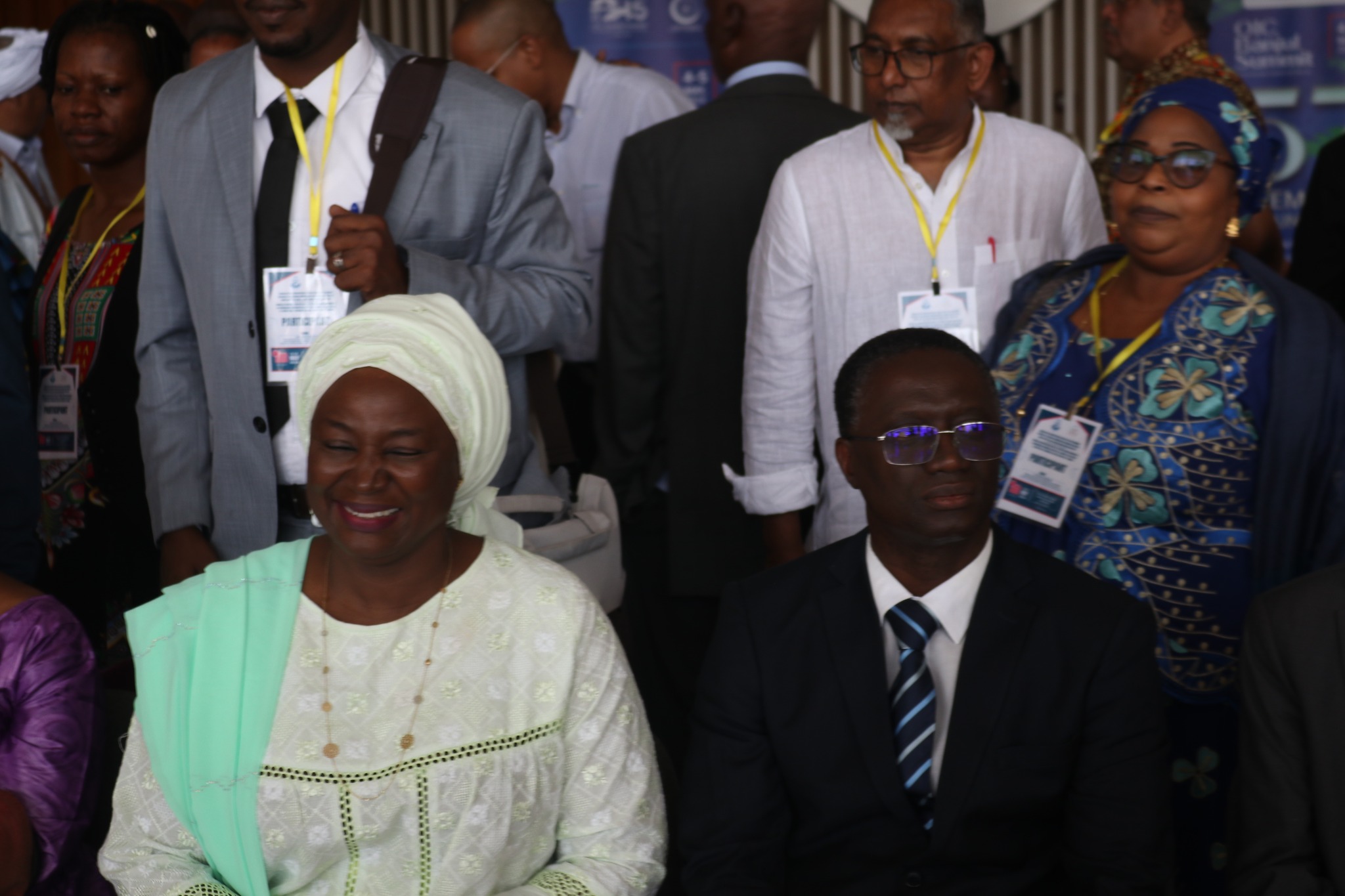Gambiaj.com – (BANJUL) – In a concerted effort to advance resilient and quality education, as well as human rights across Africa, the African Centre for Democracy and Human Rights Studies (ACDHRS), in collaboration with the Open Society Foundation and the
*(ACHPR), convened its 79th ordinary session with Non-Governmental Organizations (NGOs).
Themed “The Year of Education: Educate an African Fit for the 21st Century,” the forum, held at the Sir Dawuda Kairaba Jawara Conference Centre, focused on building resilient education systems to enhance access to inclusive, lifelong, quality, and relevant learning in The Gambia and Africa at large.
The NGOs Forum aimed to foster closer collaboration among NGOs and with other human rights bodies, particularly the ACHPR, to promote and protect human rights in Africa, consolidating their various contributions to this process.
The 79th ordinary session featured eleven panels and various special interest group discussions aimed at improving human rights and governance across participating countries. Committee members, participants, and partners also reviewed the continent’s democracy and human rights situation, highlighting areas requiring urgent action. They explored innovative strategies for civil society to contribute to the recognition of the importance of education.
Key agenda items included panels on Gender-Based Violence (GBV) and harmful traditional practices, focusing on Female Genital Mutilation (FGM); Overcoming Barriers to Education Access in Rural Africa; Civic Engagement and Freedom of Assembly; and the Protection of Human Rights Defenders.
Hannah Foster, Executive Director of ACDHRS, emphasized that while states are the main duty bearers for promoting and protecting human rights, everyone has a collective responsibility to uphold these rights. She noted the vital role civil society plays in complementing the efforts of governments and other partners.
Justice Assiatou Jallow Sey, representing the Chief Justice, highlighted education as the cornerstone of development, democracy, and human rights, emphasizing its role in personal advancement and as a fundamental right. She called for collaborative efforts to address challenges in education systems, including ensuring access for all, particularly marginalized groups.
Janet Ramatoulie Sallah Njie, Vice Chairperson of the African Commission for Human and Peoples’ Rights, stressed the pivotal role of education in addressing challenges like poverty and human rights violations. She called for investment in rural schools and educational access for vulnerable groups.
Robert Athewa, representing the Network of African Human Rights Institutions, emphasized the need for collaboration between National Human Rights Institutions and governments to address educational challenges in rural areas and Africa as a whole.
The forum concluded with a call to action for governments and civil society to work together to break barriers and inequalities, embrace the transformative power of education, and equip youth with the tools they need to navigate an ever-evolving world.










